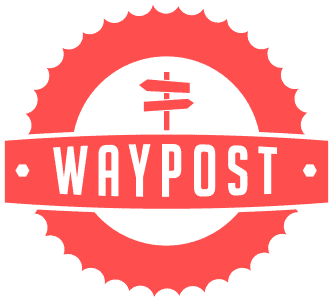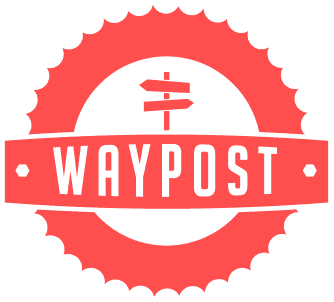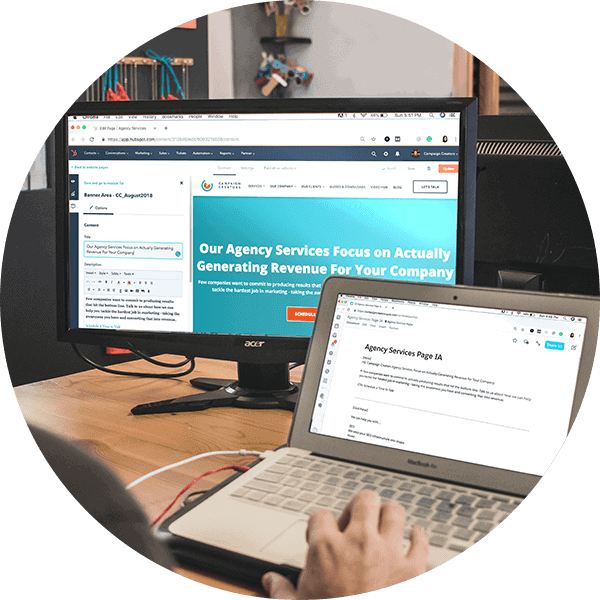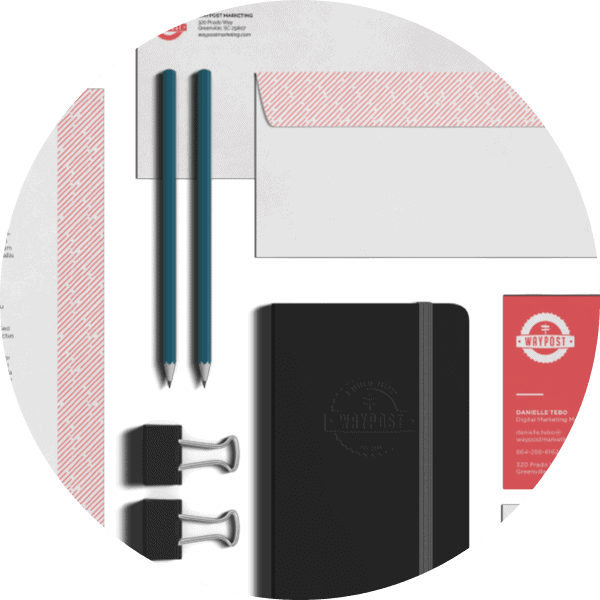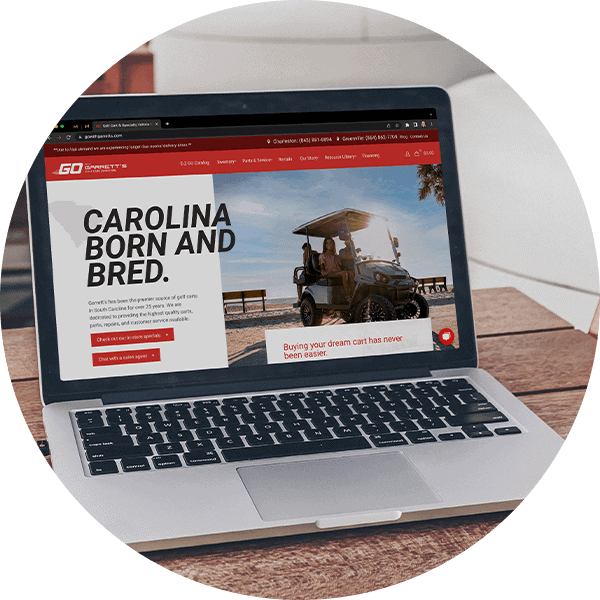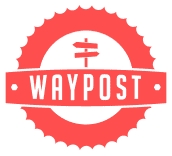
Why is HubSpot Starter an Ideal Choice for Small Businesses?
November 29, 2023
HubSpot Subscription Types: 5 Key Factors for Your Business
November 29, 2023Marketing automation is like magic—it can make mundane manual processes faster and simpler—but its benefits are very real.
Marketing automation addresses common pain points faced by businesses, like lead generation, customer engagement, data management, and performance tracking. Given its significant impact on business operations, selecting the right marketing automation software is an important investment.
So where to begin? Here are a few factors to consider.
Why Should You Invest in A Marketing Automation Software?— The Benefits of Marketing Automation
Marketing automation provides immense value to any business looking to boost productivity, enhance customer experiences, and scale operations. Let’s zoom in on this statement.
To start, marketing automation saves time. It might sound obvious, but systemizing tedious manual tasks into automated workflows actually results in three significant benefits:
- Reduction of potential error (decreased inaccuracies)
- Increased productivity
- Allowing staff to redirect their focus toward high-level strategy, business development, and stronger customer relationships
Furthermore, marketing automation is a game changer when it comes to content customization. With marketing automation tools like segmentation, personalization, and A/B testing, businesses can tailor their messaging to individual preferences and stages in the buyer’s journey. Thus, businesses ensure they deliver the most relevant and engaging content to those who are most receptive. This level of customization, too, results in three significant benefits:
- A more satisfying customer experience
- Gaining insights into campaign optimization
- Greater customer engagement, retention, and revenue potential
Ultimately, marketing automation becomes both the generator and enabler of business growth. As communication is automated through the lifecycle, it fosters relationships that expand your client base. Then, as your client base grows, delivering a compelling and result-driven experience to a larger audience becomes imperative, and marketing automation makes this possible. This self-reinforcing cycle of efficiency, personalization, and growth is how marketing automation powers sustainable scalability.
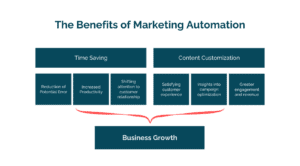
HubSpot or Salesforce—Which One is A Better Marketing Automation Software?
Salesforce and HubSpot are two leading CRM and marketing automation software, offering users a wide range of features and complementing apps. As two legacy platforms, the debate around HubSpot vs Salesforce has persisted without a clear consensus on which is “better”. The reality is that no article you find online can definitely declare one platform superior. If you find one such article, it’s advised to take it with a grain of salt.
The same rationale applies when considering “Which marketing automation software is better”. This inconclusiveness stems from the different approaches each software takes in delivering its services. With that in mind, rather than asking, “Which marketing automation software is better”, try rephrasing the question to “What are the standout features of each marketing automation software”. This is a much more responsible question, providing insights into which solution may be a better fit for your specific use cases, allowing you to make an informed decision on which marketing automation software to invest in.
Salesforce’s Marketing Automation Capabilities
Salesforce provides marketing automation tools via its Marketing Cloud and Pardot software. The breadth and sophistication of its tools make Salesforce well-suited for large enterprises with complex marketing automation needs. Nevertheless, Salesforce requires greater resources and technical know-how compared to other marketing automation software.
Where Do Salesforce’s Marketing Automation Capabilities Stand Out?
Robust Capabilities
With the Marketing Cloud and Pardot, Salesforce delivers extensive end-to-end marketing automation and customization capabilities. The remarkable scope of these two platforms provides advanced functionalities such as personalization, lead filtering, lead management, and multi-channel customer engagement. Augmented by data-driven analytics, this powerful combination ensures ongoing optimization for enhanced marketing performance.
Reporting & Analytics
Salesforce generates thorough analytics and deep-insight reporting on campaign results, ROI, and customer engagement to inform high-level decision-makers. A particularly favored report among marketing managers is the multi-touch attribution report. This report seamlessly connects data across all marketing channels to enable attribution of revenue and engagement back to specific marketing touchpoints.
The Journey Builder Feature
Journey Builder enables the creation of personalized customer journeys to boost engagement and conversions. Its drag-and-drop interface simplifies building multi-step workflows, allowing triggering actions and tailoring messaging based on data sources and API events.
The Visual Flow (Flow Builder) Feature
Flow Builder empowers marketers to seamlessly manipulate (customize) records, send emails, and create data visualizations of processes. Its main strength is the ability to promote “business logic” by consolidating massive amounts of data into one dashboard. Flow Builder offers five types of flows to allow users to expand the tool’s functionality to a broad array of cases.
HubSpot’s Marketing Automation Capabilities
From the outset, HubSpot established itself as an inbound marketing software, with marketing automation being a fundamental capability within its Marketing Hub and full suite of tools. This tight integration and convenience have fueled HubSpot’s popularity as a marketing automation software, especially among small and mid-sized businesses prioritizing seamlessness over complex robustness.
Where Do HubSpot’s Marketing Automation Capabilities Stand Out?
The Lead Scoring Feature
HubSpot’s lead scoring feature leverages data points from the entire customer journey. By analyzing prospect demographics, profile, behavior, and engagement habits, the system automatically assigns leads with a “score” to prioritize high-potential leads and route them for follow-up by sales. This is a lead filtering process that results not only in a more efficient resource utilization, but also improved conversion rates.
Seamless Third-Party Integrations
HubSpot offers an easy and seamless integration with 1,000+ third-party apps available on the HubSpot App Marketplace. This includes popular tools like Gmail, Outlook, Slack, Zoom, Google Ads, Mailchimp, and more. Notably, the HubSpot Salesforce integration is particularly favored by Salesforce users facing challenges with Salesforce implementation. High-level integrations benefit both the customer and the business (see the benefits of marketing automation above).
Marketing and Sales Alignment
HubSpot extends its integration capabilities beyond external connections. As part of its holistic marketing approach, HubSpot is an “all-in-one” marketing platform providing deep internal integration between its various Hubs. Automated synchronization between the Hubs enables shared visibility and seamless data flows across teams. This tight connectivity enhances collaboration and streamlines processes for more effective business operations.
Intuitive Marketing Automation
Known for its user-friendly interface, HubSpot eliminates the need for add-ons, technical expertise, or coding knowledge to execute marketing automation commands. Whether for building email workflows, scheduling emails or social media posts, or producing complex reports, HubSpot ensures a straightforward process across the different Hubs. This simplicity extends to all HubSpot subscription types, making marketing automation accessible and efficient for all users.
Invest in a Marketing Automation Software Strategically
Both HubSpot and Salesforce provide powerful marketing automation tools, but upon a closer examination, the areas where one excels are often where the other faces limitations. While Salesforce may boast higher sophistication and comprehensive features, it comes with a hefty price tag and implementation challenges. Conversely, HubSpot offers intuitive automation for businesses with less intricate customization requirements, all without the extensive time and financial investment.

In essence, the two solutions are ideal for slightly different target markets. All that remains for you is to choose which marketing automation software better aligns with your specific needs. If you can’t decide, you might want to consider integrating HubSpot & Salesforce.
On a personal note, at Waypost Marketing we use HubSpot for marketing automation, because this is the best solution for our requirements. After 20 years of experience, we became experts in assessing and translating marketing needs into strategic and result-driven marketing activities. We will be happy to help you too. Call us at (864) 288-6162 or contact us online.
